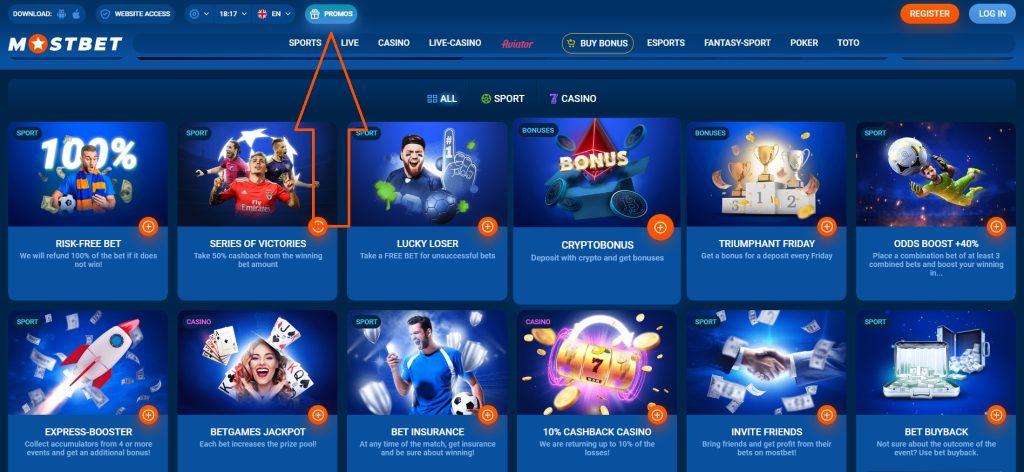How to Maximize Your Potential Strategies for Success

How to Maximize Your Potential: Strategies for Success
Maximizing your potential is a lifelong journey that involves continuous self-improvement, learning, and growth. In a fast-paced world, it’s easy to feel overwhelmed by distractions and societal pressures. However, by focusing on key areas such as self-awareness, goal-setting, and time management, you can enhance your abilities and reach new heights in your personal and professional life. For more resources on this topic, consider visiting How to Maximize Your https://betandreas-rf.com/about/.
Understanding Your Strengths and Weaknesses
The first step in maximizing your potential is to gain a deep understanding of your strengths and weaknesses. This requires honest self-reflection and, ideally, feedback from others. By identifying areas where you excel, you can leverage these strengths to pursue goals that align with your capabilities. Similarly, recognizing your weaknesses allows you to develop strategies to either improve or work around them.
Self-Assessment Tools
There are various tools available to assist in self-assessment, including personality tests like the Myers-Briggs Type Indicator (MBTI) or the StrengthsFinder assessment. These tools can provide insights into your natural tendencies and help guide your personal development efforts. Additionally, keeping a journal can be a powerful way to track personal growth over time.
Setting SMART Goals
Once you have a clear understanding of your strengths and weaknesses, the next step is setting goals. To make your goals effective, use the SMART criteria: Specific, Measurable, Achievable, Relevant, and Time-bound. This approach ensures your goals are clear and attainable, which increases the likelihood of success.
Specific Goals
Instead of setting a vague goal like “I want to be healthier,” specify what that means for you. Do you want to lose weight, run a marathon, or eat more vegetables? Clear specifics can drive more focused action. For example: “I want to run a 5k in under 30 minutes within the next three months.”
Measurable Progress
Develop criteria to measure your progress. This could include tracking your running times weekly, or monitoring your dietary habits through a food diary. Measuring progress keeps you accountable and allows you to celebrate small victories along the way.

Achievable Goals
Your goals should stretch you, but also remain feasible. Setting overly ambitious goals can lead to frustration and burnout. Consider your current abilities and resources when setting your goals.
Relevant Objectives
Ensure your goals align with your long-term vision and personal values. If your goal is to advance in your career, it should also serve to enhance skills that matter to you personally and professionally.
Time-Bound
Setting deadlines creates urgency and encourages you to prioritize your goals. Having a timeline helps you stay focused and creates a clear deadline for your accomplishments.
Time Management Techniques
To maximize your potential, effective time management is crucial. Poor time management can lead to stress and decreased productivity. Here are some strategies to help you manage your time better:
Prioritization
Use tools such as the Eisenhower Box to differentiate between what is urgent and important. Focus on high-impact tasks that drive you closer to your goals. This can significantly enhance your productivity.
Scheduling
Create a daily or weekly schedule that allocates time for tasks based on priority. Utilizing planners or digital calendars helps keep track of deadlines and manage your time efficiently.

Minimize Distractions
Identify areas of distraction in your environment and experiment with different ways to reduce them. For example, designate specific times for checking emails or scrolling through social media.
Continuous Learning and Adaptation
Maximizing your potential requires a commitment to lifelong learning. Stay curious and open-minded about acquiring new skills and knowledge. This could involve taking courses, reading books, or attending workshops related to your interests and career.
Networking and Mentorship
Surround yourself with individuals who inspire you and challenge you to grow. Building a network of mentors and peers can provide valuable insights and open doors for new opportunities. Seek out people who have the experience and knowledge you aspire to attain.
Resilience and Adaptability
Life is inherently unpredictable, and the ability to adapt to changes and setbacks is a crucial part of maximizing your potential. Develop resilience by maintaining a positive mindset, practicing self-care, and demonstrating flexibility in the face of adversity.
Mindfulness Techniques
Practicing mindfulness can greatly enhance your ability to cope with stress and stay present. Techniques such as meditation, deep breathing exercises, and yoga foster a greater sense of awareness and promote emotional well-being.
Conclusion
Maximizing your potential is an ongoing process that requires dedication, self-reflection, and a willingness to learn. By understanding your strengths and weaknesses, setting SMART goals, managing your time effectively, and committing to continuous growth, you can pave the way for a fulfilling and successful life. Remember that everyone’s journey is unique; embrace your path and celebrate your achievements along the way!